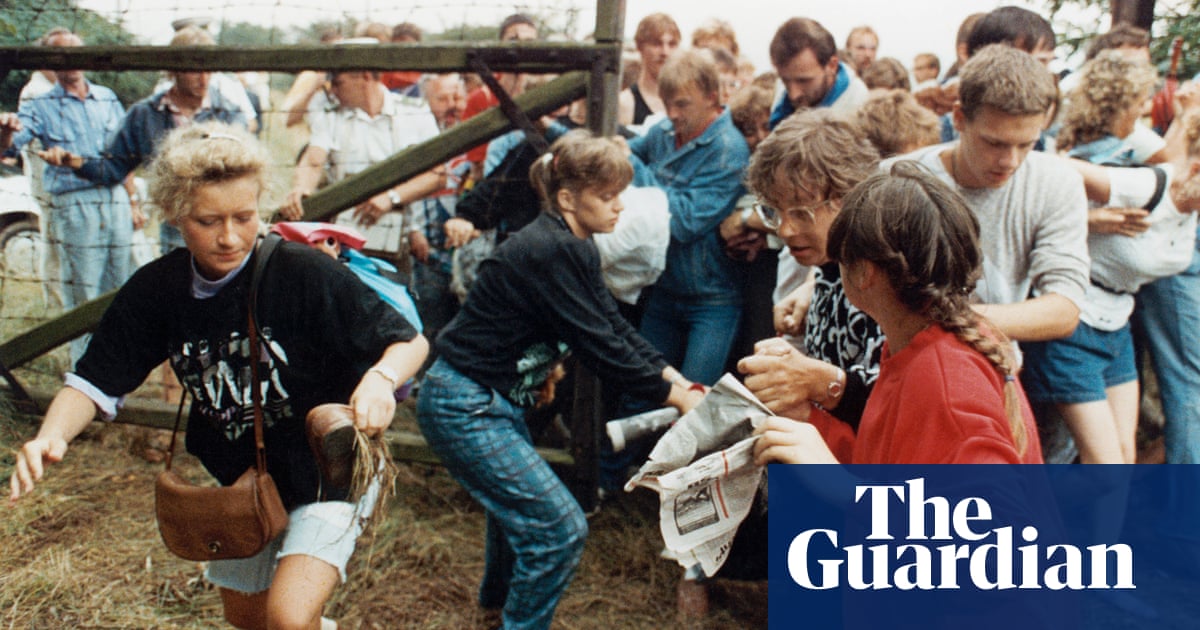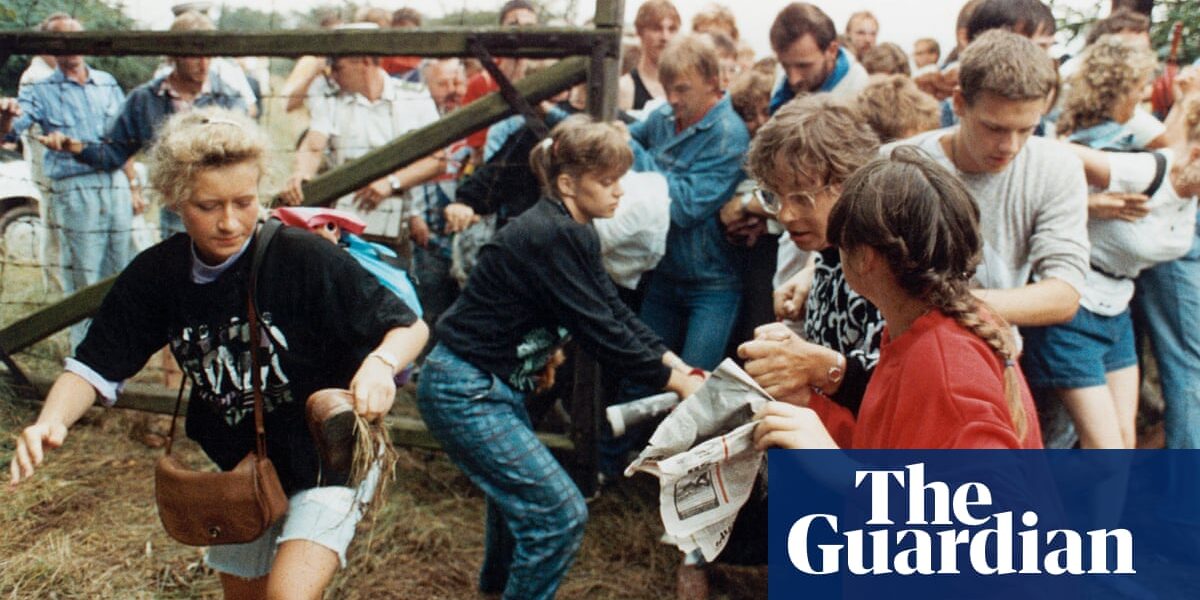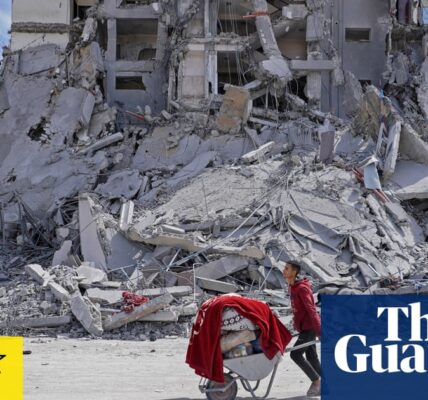The book review of “The Picnic” by Matthew Longo – an event that broke through the barriers of the iron curtain.

O
On August 19, 1989, approximately 20,000 individuals gathered in a field near the Hungarian city of Sopron, near the Austrian border, for an open-air gathering. A brass band played music throughout the field while goulash was cooked in large pots over open flames. Beer and wine were also readily available for attendees. People danced around a bonfire, enjoying the festivities. The festival, which was organized by multiple Hungarian opposition parties, aimed to celebrate the unity between nations. Among the attendees were many refugees from the communist German Democratic Republic (GDR), who had arrived in Hungary in large numbers earlier that summer. During the picnic, roughly 600 East Germans crossed the border and headed to the West German embassy in Vienna. Importantly, the border guards did not use lethal force.
According to Matthew Longo’s book, The Picnic, the event soon became a sign of things to come. Three weeks later, the Hungarian government officially opened the border. The leaders of the German Democratic Republic (GDR) requested assistance from the Soviet Union, sparking fears of a repeat of the 1956 uprising that was brutally suppressed by Soviet tanks in Budapest. However, Soviet leader Mikhail Gorbachev chose not to intervene, stating that it was Hungary’s responsibility to manage their own border. As a result, approximately 30,000 East German refugees were able to enter West Germany within days. Just a few months later, on November 9th, 1989, the Berlin Wall fell. On that historic day, the border guards also chose not to use force.
The Picnic is a dynamic and captivating narrative that combines elements of fiction and journalism. It includes interviews with several key figures involved in the significant events, such as Ferenc Mészáros, the pro-democracy activist who originated the picnic; Miklós Németh, the last communist prime minister of Hungary; Árpád Bella, the commanding officer responsible for border security on that day; and Harald Jäger, the East German border guard who famously opened the gates of the Berlin Wall when it fell. Longo, a political theory professor at Leiden University, explores the mysterious transformation that took place during this time of change and the ethical dilemmas faced by ordinary citizens. How does one react when they no longer believe in the moral authority of the law? How does one balance personal convictions with potential consequences for their loved ones?
Németh’s efforts towards reform had laid the foundation for change. In the same year, he issued a decree declaring his intention to dismantle the barbed-wire fencing along the border. A symbolic ceremony was held in May to cut a section of the fence. According to Longo, this sudden shift caused the border guards to go from respected representatives of the state to being instructed to overlook border transgressors. However, this change was not immediate or certain. It was a gradual and fragmented process that carried risks. Despite the border with Austria still being in effect on the day of the picnic, the guards chose to turn a blind eye rather than open fire. This was a moral decision on their part.
The story is inspiring, but Longo makes sure not to overly romanticize it. He places Hungarian anti-communism within a larger nationalist tradition that also includes the intolerant politics of current prime minister, Viktor Orbán, who is featured in this book as a young liberal. The idealistic internationalism that motivated the organizers of the picnic now seems outdated. Despite joining the EU in 2004, the political project of pan-Europeanism has not gained much support in the former Soviet region. Resentment towards Brussels has fueled the popularity of Orbán’s Fidesz party and Germany’s far-right Alternative für Deutschland (AfD), which has a strong presence in former East German states.
Exclude the advertisement for the newsletter.
after newsletter promotion
Source: theguardian.com



